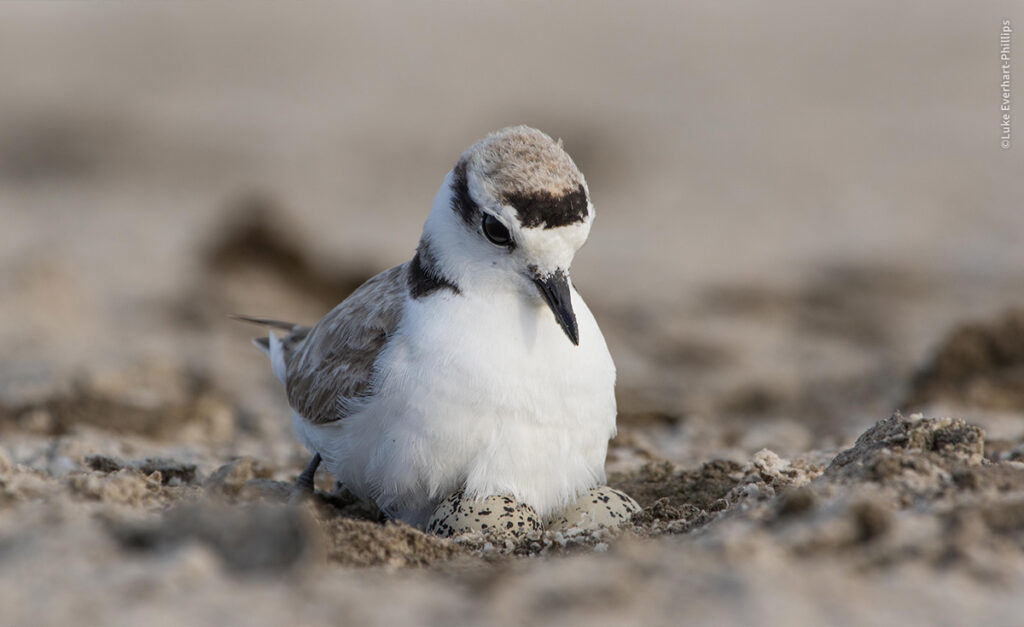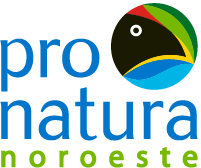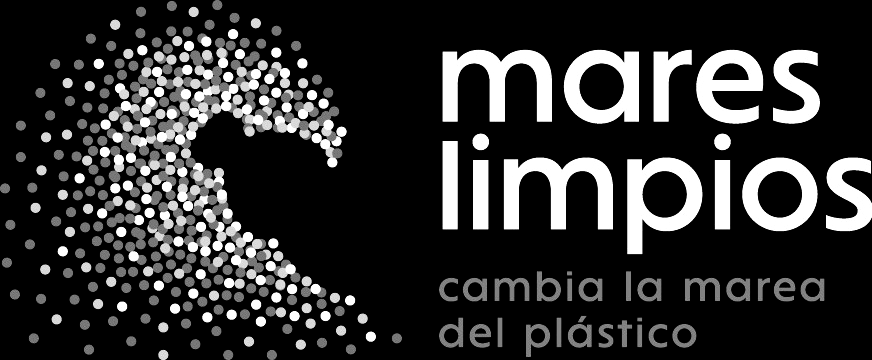In the south-central part of the state of Sinaloa, in the coastal area of Elota, lies a real treasure for conservation. Its name is Bahia Ceuta, which includes in its ecosystems a turtle sanctuary that in 2002 was declared a Natural Protected Area (NPA) by the federal government for being the nesting site of the Olive Ridley Turtle (Lepidochelys olivacea) and the Black Sea turtle (Chelonia mydas).
In addition to sea turtles, Bahia de Ceuta has another ecosystem that needed legal protection. We are referring to the complex of lagoons, marshes and mangroves adjacent to the beach, where up to 20,000 migratory birds from North America arrive each year. Our experts from Pronatura Noroeste documented the vulnerability of this area to promote a municipal protection status for the bay, estuaries and marshes, after more than a year’s work with the municipality through the Tourism Department.
Finally, the big news arrived on September 13. It was on this historic date that the Elota town council, based on a previous study prepared by Pronatura Noroeste, announced the declaration of the Municipal Protected Natural Area, which will bear the name of Ceuta.

“This declaration is important for the wetlands and marshes that support and shelter the contingents of migratory birds that fly through Sinaloa during the winter season,” emphasizes Juan Carlos Leyva Martinez, Regional Coordinator of Pronatura Noroeste in Sinaloa. He also emphasizes the merit of the municipal government of Elota: “The municipality understood and promoted this by deciding to contribute to the conservation of natural resources”.
The municipal declaration will benefit biodiversity in the bay and its lagoon complex. Its implementation includes aspects such as cleanup, surveillance, signage, an environmental education program, and reforestation, among others. Next step will be to draw up a management plan for the site, as a challenge to harmonize the efforts of organizations, civil society, government, and the community to achieve a sustainable environmental project.
Ceuta has a rich variety of plants, made up of mangrove and patches of xerophytic and halophytic scrub. The predominant species include Cone Mangrove (Conocarpus erecta), Red Mangrove (Rhizopha mangle) and White Mangrove, as well as Tule (Typha domnguensis), Choya (Opuntia puberula) and Guayacán (Gayacum palmeri).
In terms of fauna, the municipal declaration of NPA will allow us to strengthen bird population monitoring, being Ceuta one of the 17 wetlands in which Pronatura Noroeste monitors migratory birds. These include the Snowy Plover (Charadrius nivosus) and Least Tern (Sternula antillarum). You can also find reptiles, mammals such as the Wild Boar Cochi (Pecari tajacu) and the Coyote (Canis latrans) and reptiles such as the Black Iguana (Ctenosaura pectinata), and the Rattlesnake Vipers (Crotalus basiliscus).
Be part of the environmental commitment and join the environmental protection at Bahia Ceuta.












